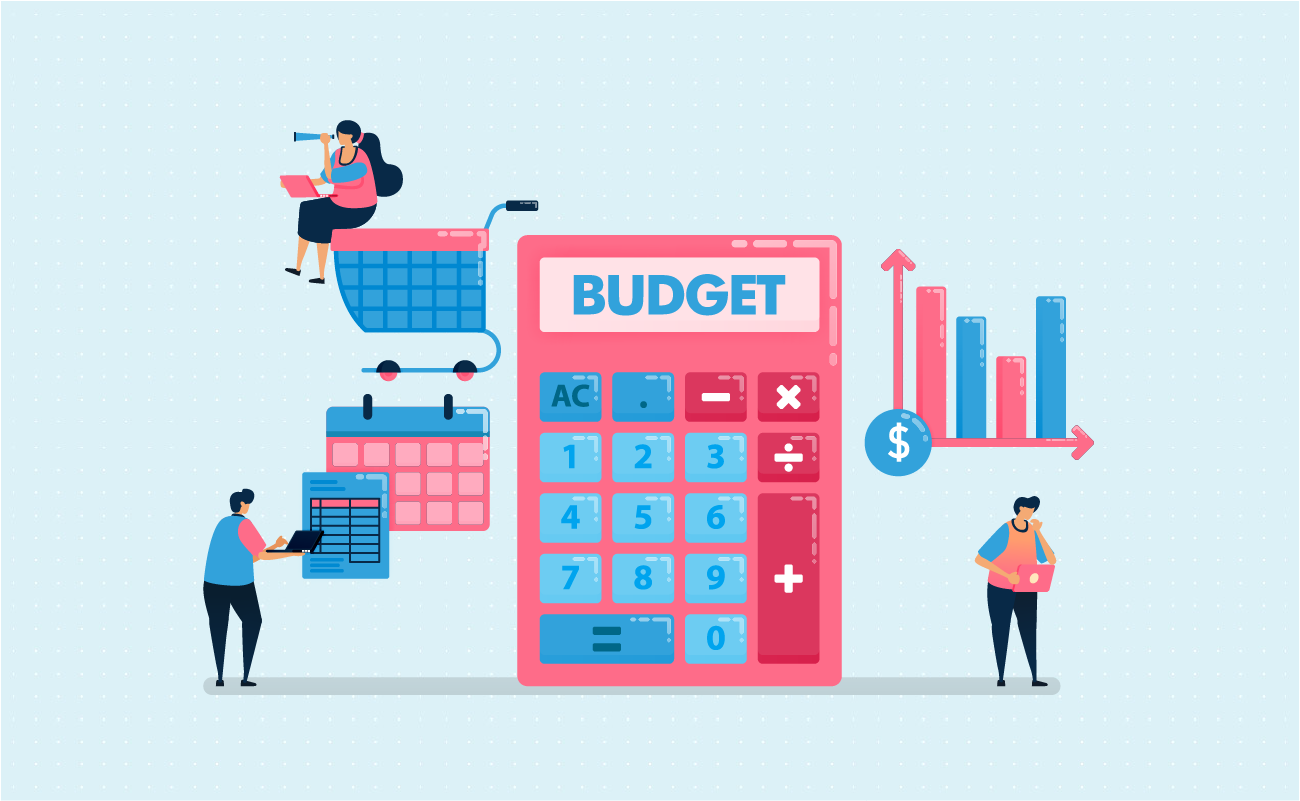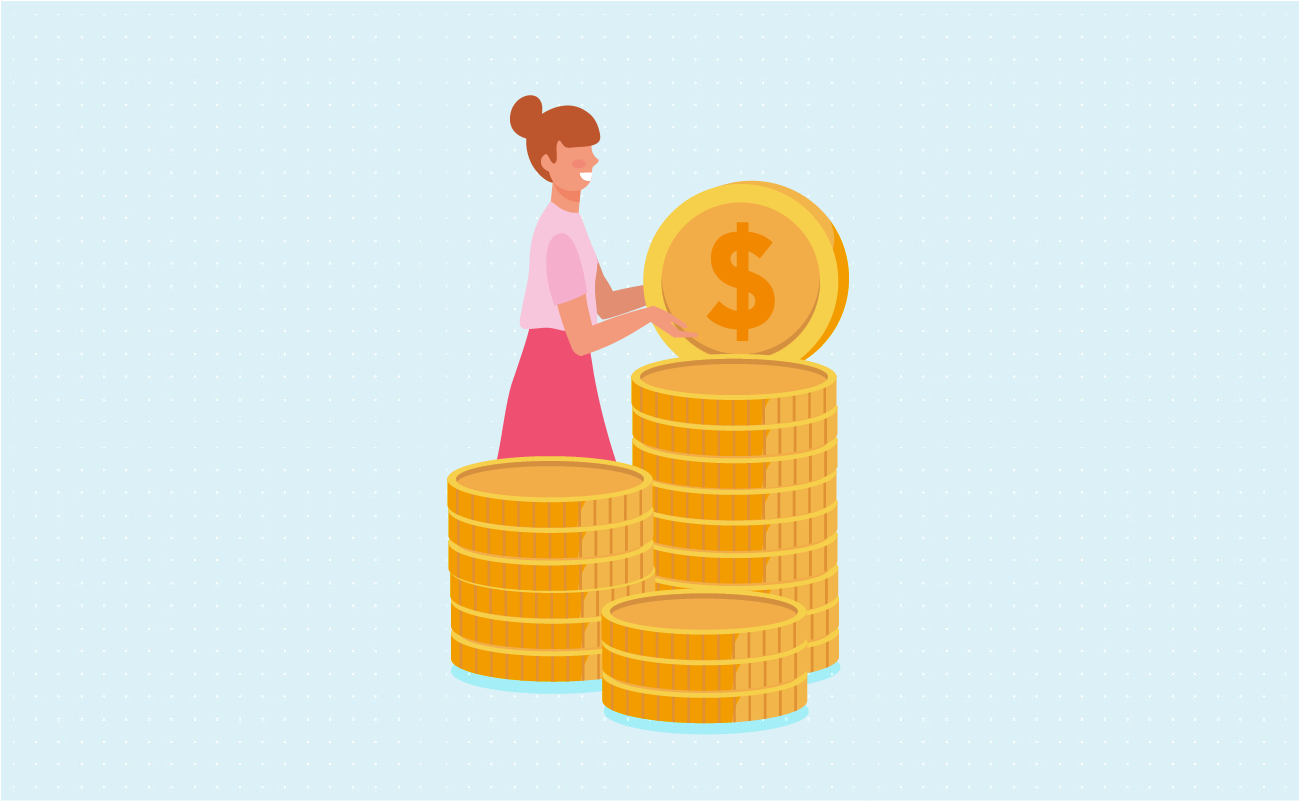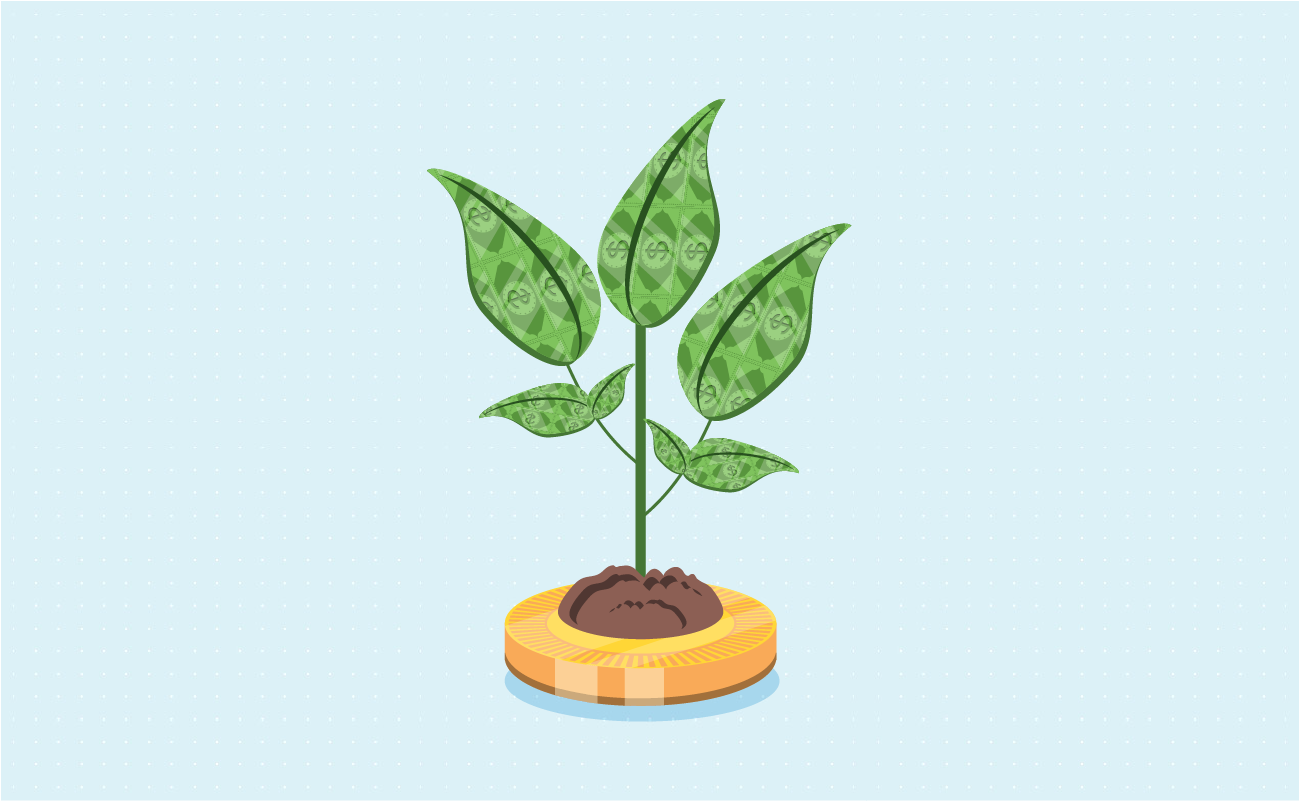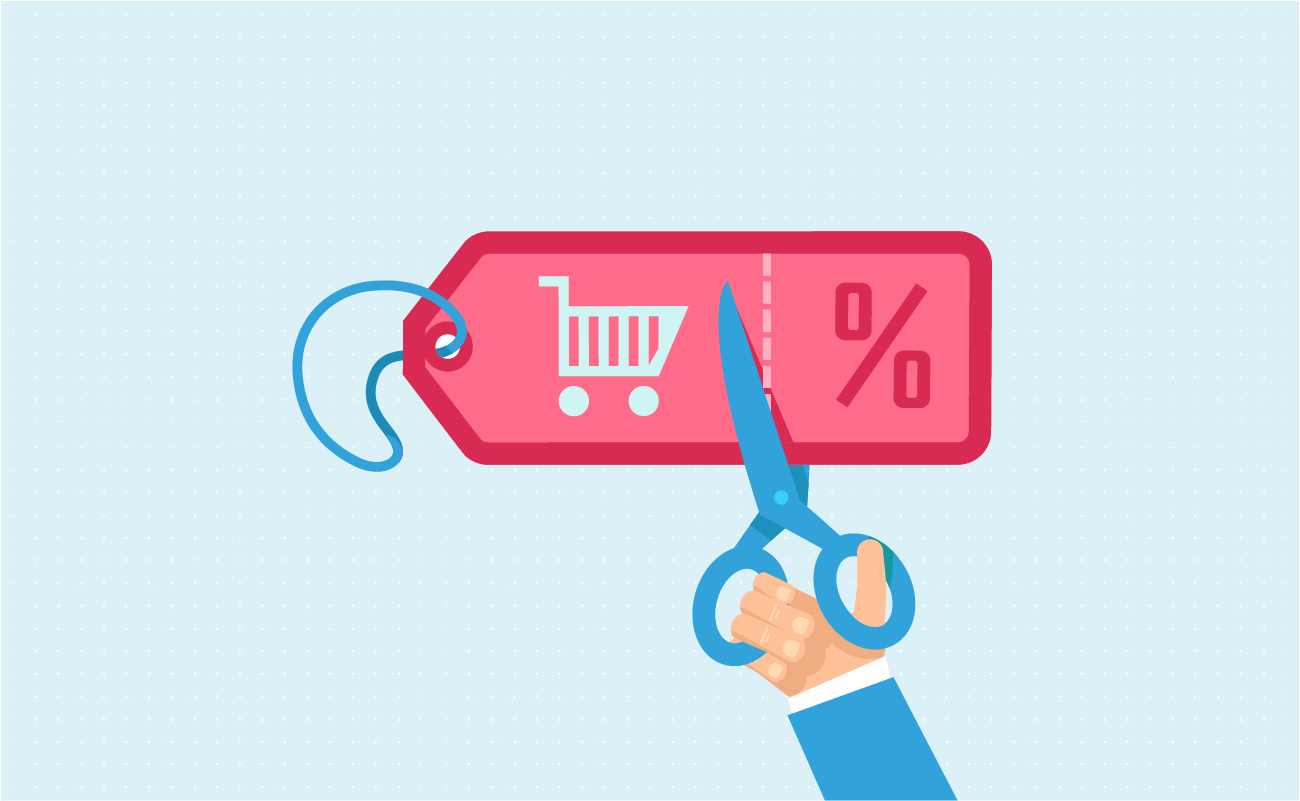 Personal Budget Planner
Personal Budget PlannerThis calculator enables people to estimate their biweekly, monthly or annual income & convert that to budgetary guidelines recommended by Dave Ramsey to see how their spending habits compare against others. These percentages are reasonable baselines, though will change dramatically by income level & age group.
You can adjust any of the initially set percentages to suit your needs & budget. A total row is shown at the bottom of the calculator, which shows how close your percentages are to 100% and how much you might need to change your spending habits to match your current income.
The above suggestions are only baselines. Some examples of common deviations include:
A good general baseline or rule of thumb for starting your budget is the 50 / 30 / 20 breakdown.
50
Needs - ideally this should be at most half of your income (50%). Components of this category incoude food, clothing, transportation, utilities, debt servicing, child support and alimony.
30
Wants - life is about living, so we should do more than satisfy our utilitarian needs to enjoy life. This category of spending should not exceed 30% of your after-tax income and includes categories like dining out, subscription entertainment services, vacations, toys, and other social activities.
20
Savings - you should try to save at least 20% of your income. If you have high interest debts then paying those off immediately counts as savings, because savings accounts usually offer lower interest rates than rates charged on debts AND money you do not spend servicing debts is not taxed while most income sources are.
Guide published by Jose Abuyuan on January 25, 2020

Mention the word budget and people think of three things:
In any case, most people's perception of budgets is negative. For many people, budgets are at best a necessary evil. People make budgets when it's time to bite the bullet and face the reality of financial pressures. But it doesn't have to be that way.
A well-planned budget may be the key to your financial emancipation. Budgeting can put you on the path to being debt-free and lay the foundation for future wealth. Your family's future success could hinge on the budgetary decisions you make today.
The earliest recorded budgets came from the households of the wealthy. The nobles of the time tracked their expenses with care. This practice helped prevent these families from wasting their money.
Even today, wealth and budgeting go together. Financial independence is tied to comfortably living within your means, and much more. A budget that lets you save money also lets you invest in it. With that money on hand, you could do the following:
Start by setting aside your money for all your major expenses, including your savings. To increase your surplus, you remove as many unnecessary expenses as you can.

Left to themselves, people will grow their expenses lockstep with their income. This can become the seeds of future problems if you keep them unchecked. You might not be spending that money on the right things or waste them on things you don't use. Having a budget helps you focus on your expenses. In the process, you cultivate a sense of perspective on what matters.
Budgeting helps you break out of the paycheck-to-paycheck cycle. Having a budget that you can follow eliminates many of your worries. You stop worrying about money through your pay period. Moreover, you can stop relying on credit lines to make ends meet. Although this usually involves a bit of belt-tightening, it is meant to be temporary. Once your budget stabilizes, you may have enough extra cash for the occasional luxury.
One of the biggest myths about budgeters is that they are corner-cutting tightwads. The popular image of the miser who only buys cheap, shoddy items is far removed from the reality. Responsible budgeters know when and where to spend on quality. The goal of budgeting is to spend your money wisely.
The late fantasy writer Terry Pratchett once wrote that the rich spend less money by buying quality things. They prefer products that are better, cost less to run, and don't need to be replaced as often. In contrast, people who buy cheap things end up replacing them constantly. They pay more for terrible quality that doesn't serve them well at all.

The key is to spend on quality for things you use on a regular basis. If you can see yourself using the product every day, it pays to get a high-quality version of it.

When you plan a budget, priority should always go to meeting your needs. Your income after taxes and savings should cover the essentials. In addition, you must also have a little extra for emergencies. Anything else save for outstanding debt should be second priority.
This isn't to say that budgets must be rigid. You should plan your budget according to your needs. Direct a part of your budget to accommodate instances of going over your spending limit. A flexible budget will serve you and your family better in the long run.
This represents the stuff you should never go without. Cutting from this side of the budget should always be a matter of last resort. Likewise, any additional income should focus on savings or buying better quality items. There are times when wants can masquerade as essentials, so it's important to tell them apart. The following are always necessities and are worth the extra investment:
These, on the other hand, are non-essentials:
These expenses should only be acquired when your budget and income allow for them. There's no point in buying a big house if the mortgage alone will scuttle your monthly budget. Likewise, there's no harm in treating yourself to designer clothing if you can afford it.
Allotting for necessary expenses is one of the most difficult parts of budgeting. Some expenses, such as food, fuel, and electricity, are not fixed. To get a good idea on how much you spend on necessities, try tracking your expenses for one month.
Your first major goal with budgeting is to create and grow an emergency fund. This is a contingency against unexpected life events such as unemployment and hospitalization. Emergency funds soften the blow of these curveballs, preventing them from damaging your finances. In addition, relying on your own money helps you avoid using credit cards and personal loans.
There is no one ideal amount to store away for an emergency, and it can vary. What financial experts do recommend is to make the emergency fund as big as possible. Low-income families should, at least, have $2,647 in their emergency funds. Other experts put the optimal number at six times your monthly income.
A much smaller version of the emergency fund is the flex-spending fund. This section of the budget usually lets you cover for unexpected spending. It can also be used for infrequent expenses such as holiday shopping, haircuts, and license renewals. Another section of your budget should go to insurance, which adds to your safety net.

Savings is the most important part of any budget. Most people list down their major expenses and save what's left. This, of course, means that people don't have a lot left over after payday. Ideally, it should be the reverse. A part of your money should be set aside for savings. You would then dedicate the rest of your money to living expenses.
Your savings should go toward things that matter. How you decide to use your savings is up to you, but there are things that might influence that decision.
How you would allocate your savings to meet these three goals will depend on your stage in life. If you're just starting out, you may focus on earning for the down payment of your home. At this time, you can still set aside a little for retirement. Once you have children, even modest initial investments can secure their college education.
Focus on your own financial security before investing in your children's education. Your children might have the option to seek financial aid in the future. You will not have the same options come retirement. Saving for your retirement first also means that you will not burden your children financially in the future.
If you start early, time is your greatest ally. Investing in retirement and your children's college education well ahead of need lets you take advantage of compounding. This means that you will only need to contribute a small amount to meet your goals. Starting much later would require higher contributions for similar returns. Playing the long game with your finances also means that you can weather through financial curve balls.
Discretionary expenses are the last items on your budget. These encompass things you may want to have but don't necessarily need to survive. Despite this, they are still an important part of your budget. This category includes things like entertainment and comfort.
Dedicating a part of your budget to discretionary expenses helps you save without depriving yourself. You also develop a sense of self control and delayed gratification. Done responsibly, there's hardly anything wrong with treating yourself.
Budgeting your pleasure means focusing on things that bring you lasting happiness. Choose vacations that leave a lasting, memorable impact on you and your loved ones. Invest in hobbies that give you a sense of fulfillment. Spend on romantic getaways that you and your spouse would remember fondly.
You may even use your money to give back to others. This can be fulfilling in more ways than one. Charitable contributions have tax advantages. In addition, research has found that even the act of giving can provide immense personal satisfaction.
Budgets are not static. You would need to revise your budget to accommodate major life changes. In addition, you might refine your budget allocations as the economy changes. An assortment of economic problems can add difficulty to the budgeting process. Some of the common issues faced by budgeters include the following.
In some places, the cost of living can be astronomical. This makes budgeting a daunting challenge even if you could make a lot of money. In some cases, downgrading your home or living somewhere else might be the only recourse. Fortunately, you have more control over the last two situations.
Budgets usually focus on stretching the amount of money coming in. What most people don't often consider is expanding net incomes. Sometimes, the best way to live within your means is to make more money. Easier said than done, in most cases, but well worth the effort.
This doesn't need to be anything as drastic as getting a new job. Asking for a raise from your employer may be an option. Try this route if you've had a good performance review or have been loyal to the company for years. Freelancing in your spare time can also give you a stream of extra income.
Finally, you can hit two birds with one stone and declutter your house with a garage sale. Selling items that you no longer need gives you a nice source of liquid cash. Because much of the stuff you sell has depreciated in value, you usually don't pay taxes for them.

Too often, we neglect to notice bills for services we don't use or need. Here we have subscriptions to magazines, streaming services, and gyms, cable bills, and overpriced phone plans. Reconsider the need for all these items and cut out what you do not need. If you do use them, consider the cost to benefit analysis of their alternatives. It might be better, for instance, to buy magazines individually or pay for one-time trips to the gym.

Reconsider the need to pay full price for anything. If you can get good-quality items on sale or through rewards points, do so. This way, you can save money without feeling like you're depriving yourself.
A huge part of your everyday expenses might go to paying consumer debts. This is money that isn't working for you, whether in meeting your needs or earning interest for your future. Going debt-free may be the most important financial milestone you make. Cash that once went to debt can go towards other goals like college and retirement funds.
Paying off debt fast requires the kind of belt-tightening that seems like deprivation. Do not worry. Once your debts are clear, you may find yourself with a lot more money than you might expect.
Budgeting aims to keep you from spending more than you can afford. To succeed, you need to take better control of your shopping impulses. This can be a challenge, especially when shopping becomes a coping mechanism.
One of the most effective ways to discourage profligate spending is to pay in cash. Doing so not only gives you a means to cap your spending. Cash payments also remove the psychological distance between you and your money. This way, you feel a loss when you spend your money and become reluctant to spend it on frivolous things.

Resist the temptation to use credit cards if you can't play the float. Outstanding credit card debt can become a drain on your financial resources.
Budgets are not a magic bullet. It will take more than just careful allocation for you to clear out your financial problems. Don't expect to get budgeting right the first time, especially when you're starting out. Be patient and plan a budget based on what works for you.
Budgeting can set you on the path toward fiscal responsibility. It is the first of many steps toward better financial stewardship. Moreover, it can guide you toward making sound financial decision. A well-planned budget can do many amazing things.
Jose Abuyuan is a web content writer, fictionist, and digital artist hailing from Las Piñas City. He is a graduate of Communication and Media Studies at San Beda College Alabang, who took his internship in the weekly news magazine the Philippines Graphic. He has authored works professionally for over a decade.